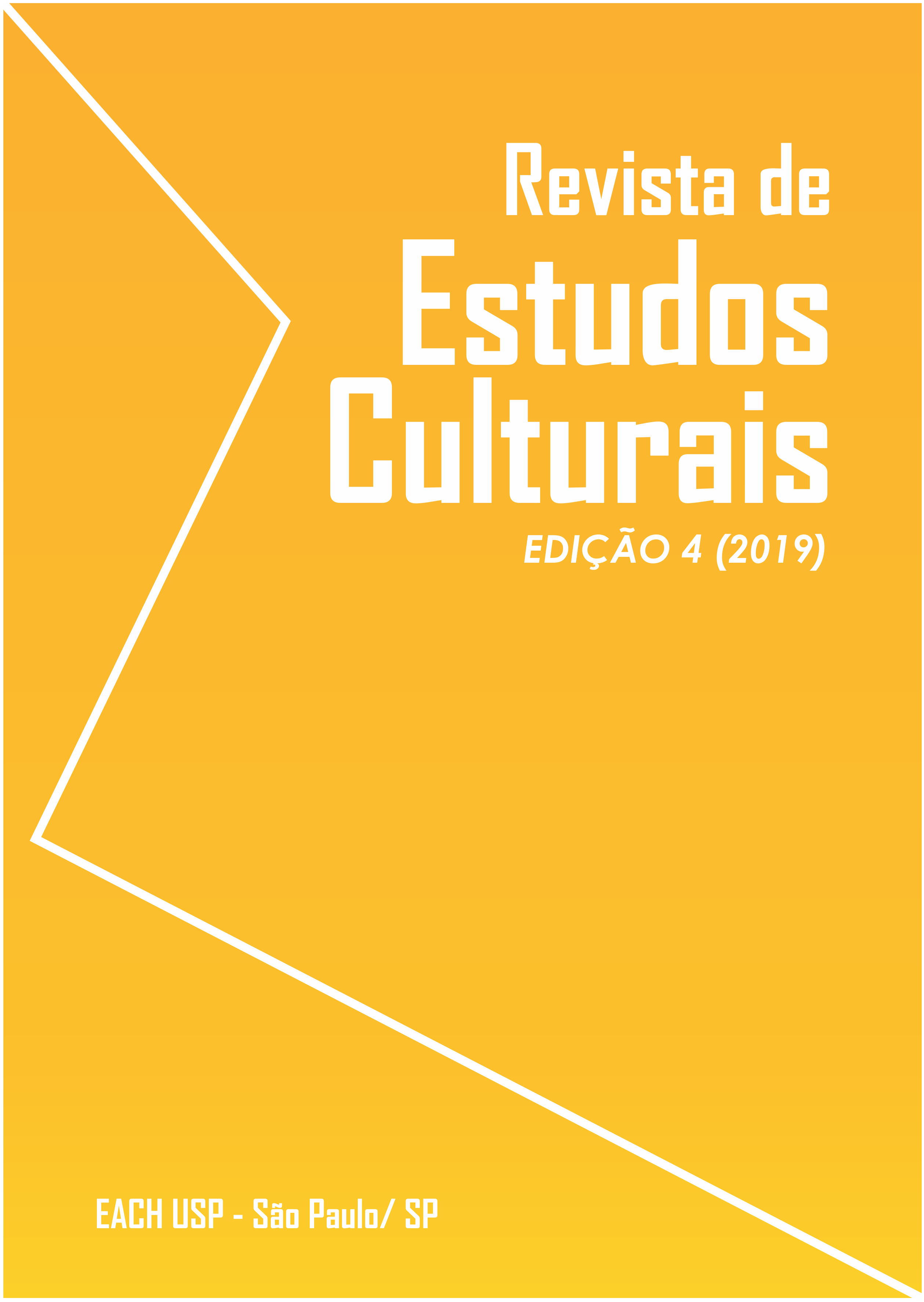Do outro lado da ópera: as bandas como fator de expressão dos núcleos de pertencimento dos imigrantes, na virada do século XX
DOI:
https://doi.org/10.11606/issn.2446-7693i4p52-91Keywords:
Italian immigrants, Music, BelogingAbstract
The negotiation spaces of the Italian immigrants in the process of formation of the social nuclei within the rural reality of São Paulo ended up forming processes of affirmation of belonging, reinforced
by a symbolic remembrance that concomitantly kept the ballasts with the original land was open to the new reality. Much of this process took place through
music, in a field intersected between the opera and the band. However, unlike opera, which was incorporated into the values of local oligarchies and thus r e p r e s e n t e d i n h e r e n t l y s o c i a l stratification, the bands emerged as the main space of these cultural negotiations between natives and
oriundi. In a first moment, called pejoratively of “Italian bands”, these associations were essentials for the incorporation of the immigrant community in the affective structures of local subjecti v it y , as w el l as in consolidated musical sphere, such as the
local theater. Through the processes of the formations, the repertoire, the forms and spaces of the public presentation, as well as the projection of these bands in broader sociocultural settings, the
objective of this article is to problematize this movement. Specifically, it is to underline the process of transculturation involved, focusing on how the opera was a point of support for a movement, which
in the end, unfolded in many ways by band music, because this is the real possibility of articulating a musical heritage already established with the
place of culture.
Downloads
Downloads
Published
Issue
Section
License
Copyright (c) 2019 Revista Estudos Culturais

This work is licensed under a Creative Commons Attribution-NonCommercial-ShareAlike 4.0 International License.



